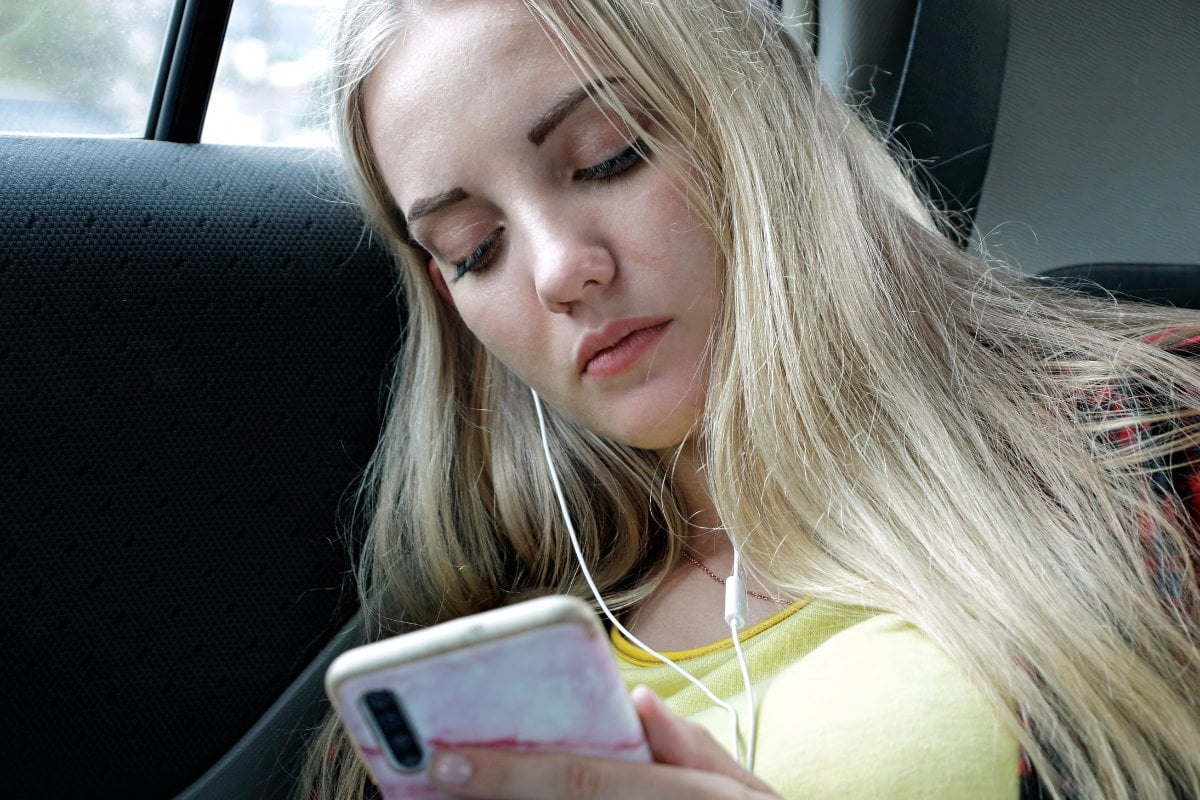
Where do we go when the workday ends?
For some of us, the answer is simple. It might be the gym, bible study, or straight home.
Me? I sit in my car for two hours.
I want to clarify that I don't actually drive it anywhere and am acknowledging how strange that might sound. I also don't use my car to commute from work to home. It's just sitting near my house collecting dust until the weekend.
It's become my safe space where I can sit with my thoughts that aren't along the lines of "I should really get back to work." Or "I should probably introduce myself to those people sitting across from me." Or "I should probably do my washing."
I've now realised that my car is what psychologists have labelled as a "third place" as it has significantly bettered my well-being (I knew there was reason to this madness).
Sociologist Ray Oldenburg brought the concept into the lexicon back in 1989, explaining in The Great Good Place that people should have a social place outside of the home (the first place) and work or school (the second place).
Watch: 5 lifestyle hacks to help with your anxiety. Post continues after video.


Top Comments